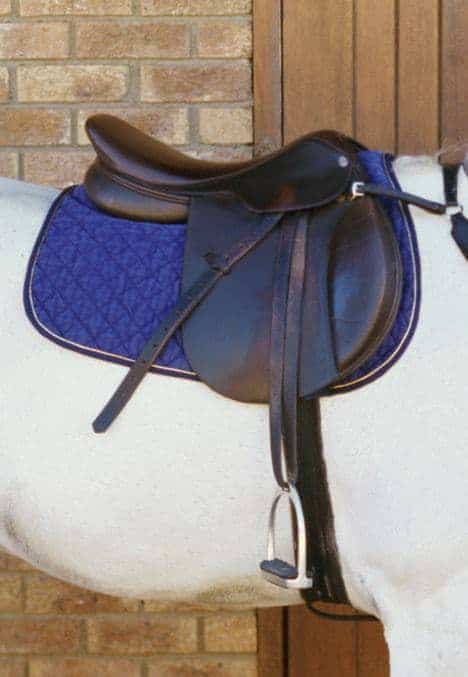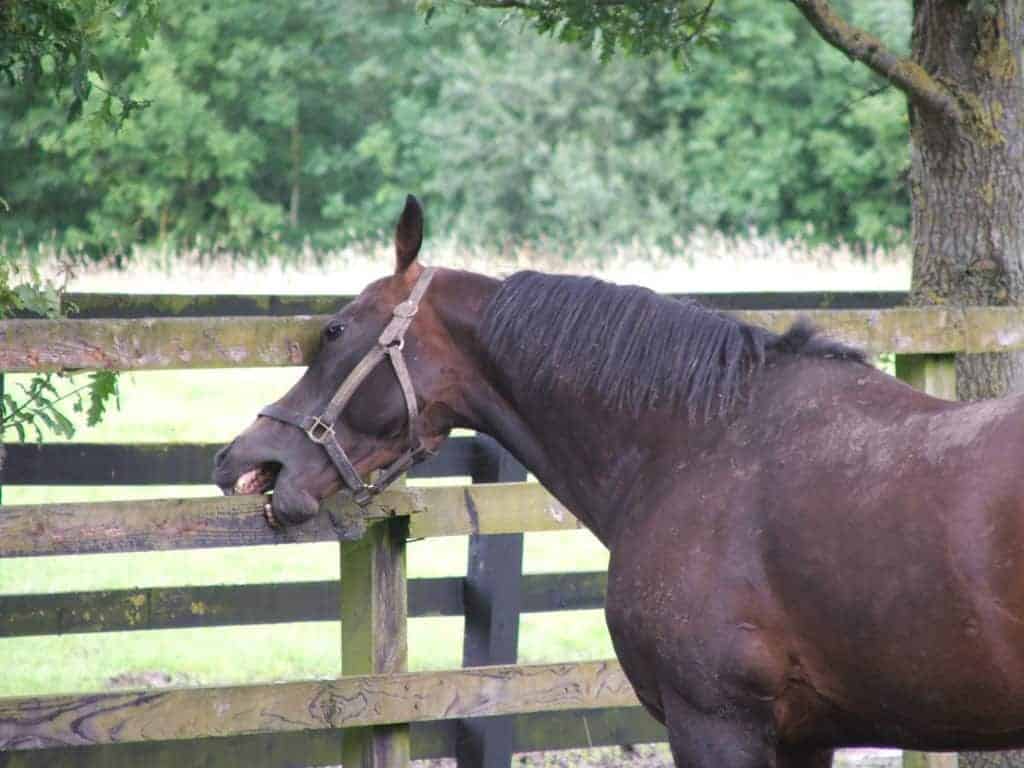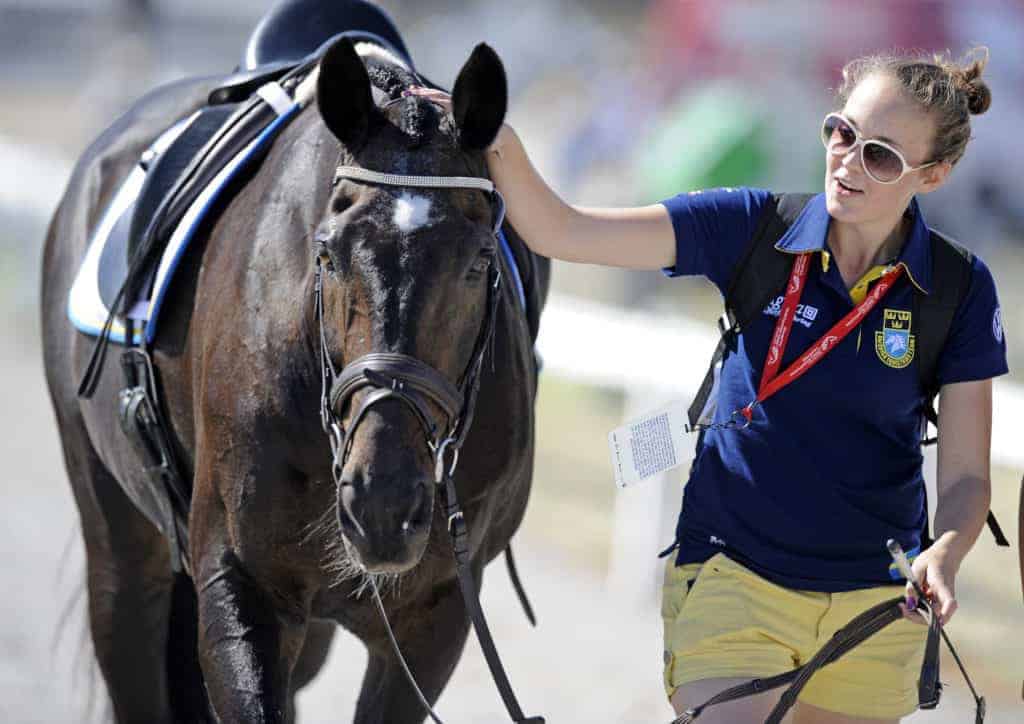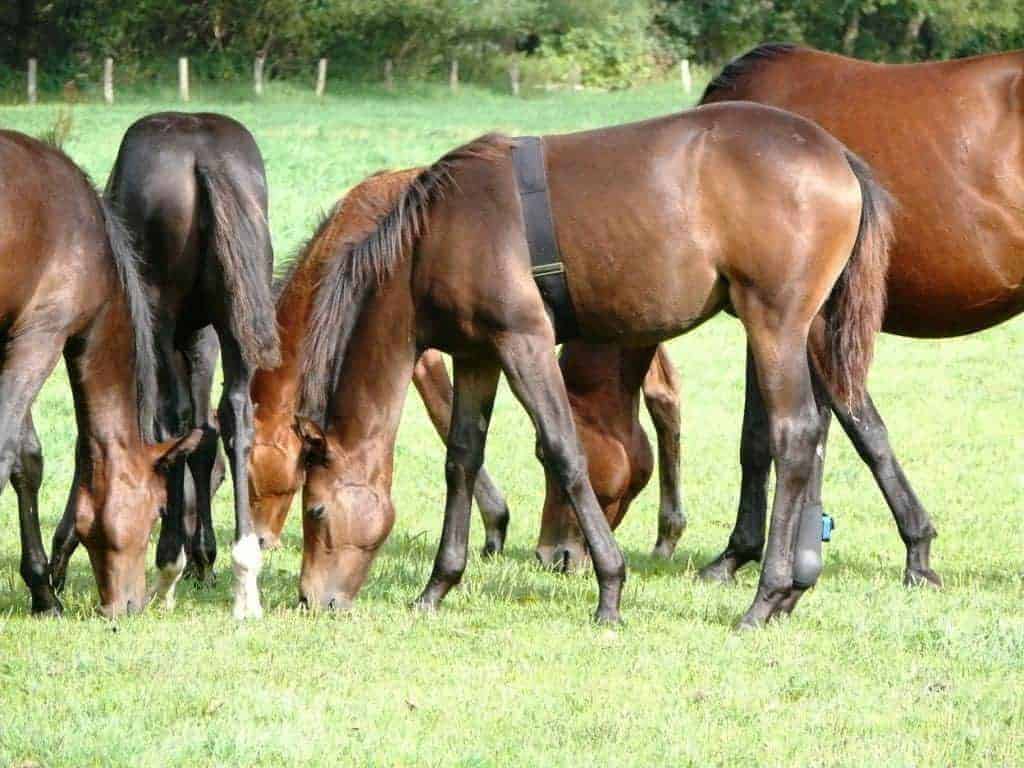
Treeless vs. Conventional Saddles: Back Pressure Evaluated
Conventional saddles were much more effective in distributing pressure evenly over the horse’s back.

Conventional saddles were much more effective in distributing pressure evenly over the horse’s back.
The award honors a nonveterinarian individual who has made substantial contributions to veterinary medicine

Riders and handlers might have a considerable affect on a horse’s behavior, especially in fearful situations.

Researchers are learning about the kind of weight and pressure humans put on different parts of horses’ bodies

Natural training methods produced fewer signs of stress in young horses at three important stages of training.

Researchers found a definite trend towards fundamental gender differences in equine behavior.

A researcher discusses what counts as an equine vice and where the fault might lie in a court of law.
No significant differences in stress between horses working in hyperflexion and those that did not were noted.

Horses need good health care, and to be treated fairly and as individuals to perform at their best.

A team of researchers found that a little turnout time can improve behavior in stall-kept equine athletes.

There was no significant difference in stress levels between horses that were branded or microchipped.
The BHA has softened the new whip rules implemented Oct. 10, much to the dismay of World Horse Welfare.

Researchers found that the presence of “nanny” mares reduced the amount of weaning stress foals experienced.
A reader looks for help for their laminitic horse who hates being stall-bound.
This year he started displaying stallionlike behavior when the mares he’s

Research indicates that one-sided imprint training is not might not be as beneficial as once thought.
Stay on top of the most recent Horse Health news with
"*" indicates required fields